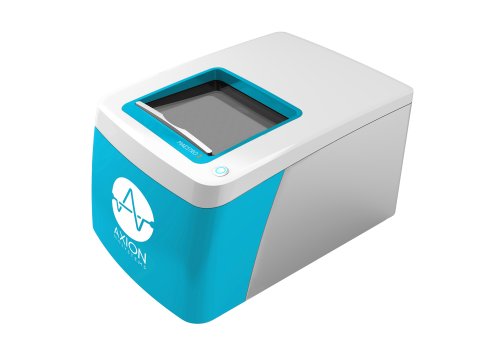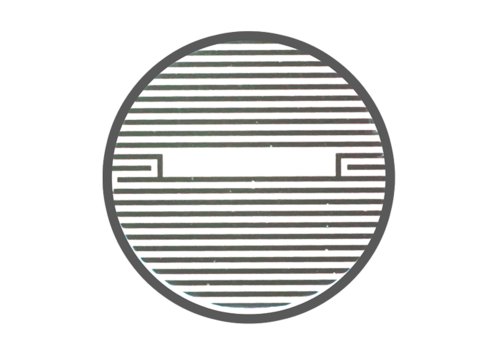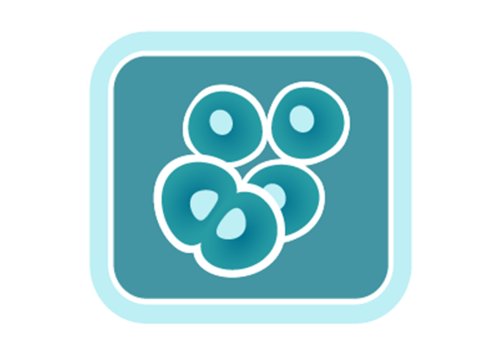Authors: Tomoyuki Minowa, Kenji Murata, Yuka Mizue, Aiko Murai, Munehide Nakatsugawa, Kenta Sasaki, Serina Tokita, Terufumi Kubo, Takayuki Kanaseki, Tomohide Tsukahara, Toshiya Handa, Sayuri Sato, Kohei Horimoto, Junji Kato, Tokimasa Hida, Yoshihiko Hirohashi, Hisashi Uhara, and Toshihiko Torigoe
Science Translational Medicine, 4 December 2024
Seeking to enhance immunotherapies for difficult-to-treat acral lentiginous melanomas, scientists use the label-free Maestro Z to assess tumor reactivity of TCR-transduced T cells against autologous tumor cell (ATC) lines in real time in vitro.
Acral lentiginous melanoma (ALM)—a rare type of skin cancer that develops in the fingernails and on the palms and soles in non-Caucasians—is etiologically distinct from cutaneous melanoma, resulting in poor efficacy of current therapeutics, including checkpoint inhibitors. Recent studies indicating a correlation between tumor-infiltrating lymphocyte (TIL) density and ALM prognosis suggest immunotherapy may hold promise for ALM treatment, but the characteristics of these TILs and the tumor microenvironment (TME) in ALM remain poorly understood. In this study, scientists characterize TILs from primary tumors in ALM patients to assess TIL properties and contribute to therapeutic development, using Axion BioSystems’ label-free Maestro Z live-cell analyzer, the researchers assessed tumor reactivity of various TCR-transduced T cells against autologous tumor cell (ATC) lines in real time. Overall, the authors conclude that “…insights obtained from single-cell immune profiling will open avenues for the development of more refined immunotherapy approaches in ALM.”


